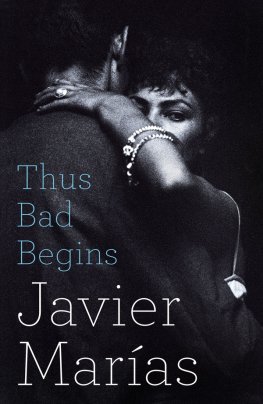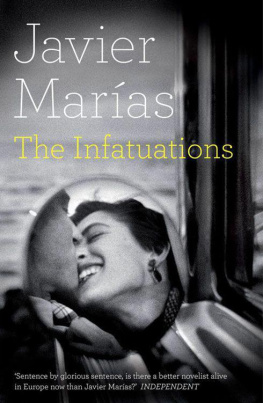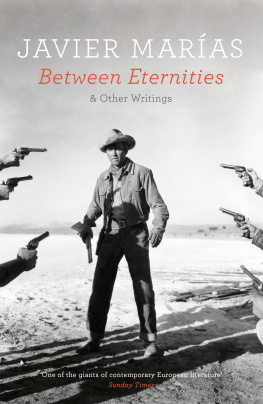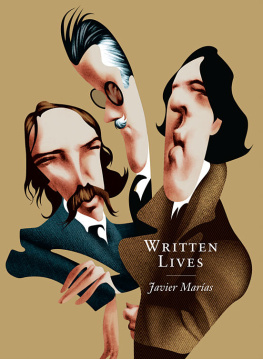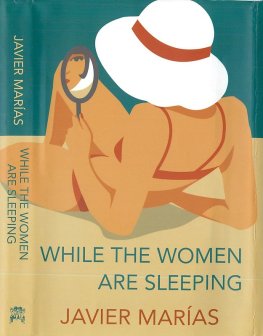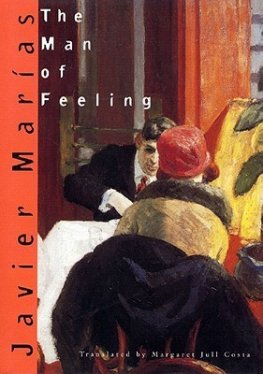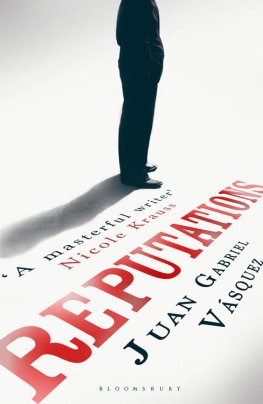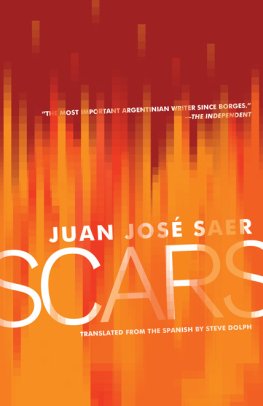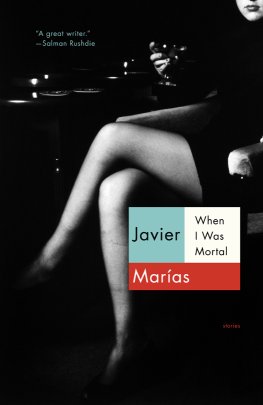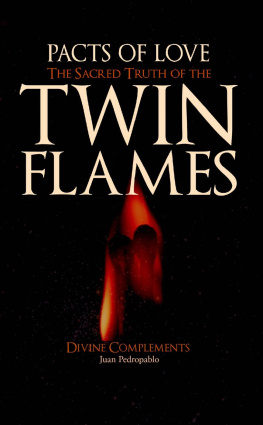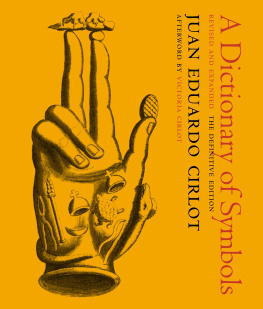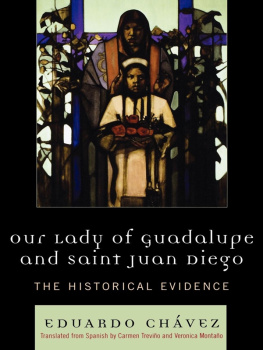Javier Maras
Thus Bad Begins
Javier Maras was born in Madrid in 1951. He has published sixteen novels, including, most recently, The Infatuations, as well as two collections of short stories and several volumes of essays. His work has been translated into forty-two languages and has won a dazzling array of international literary awards, including the prestigious Dublin IMPAC award for A Heart So White. He is also a highly practised translator into Spanish of English authors, including Joseph Conrad, Robert Louis Stevenson, Sir Thomas Browne and Laurence Sterne. He has held academic posts in Spain, the United States and in Britain, as Lecturer in Spanish Literature at Oxford University.
Margaret Jull Costa has been a literary translator for over twenty-five years and has translated many novels and short stories by Portuguese, Spanish and Latin American writers, including Javier Maras, Fernando Pessoa, Jos Saramago, Bernardo Atxaga and Ramn del Valle-Incln. She has won various prizes for her work, including, in 2008, the PEN Book-of-the-Month Translation Award and the Oxford Weidenfeld Translation Prize for her version of Ea de Queirozs masterpiece The Maias, and, most recently, the 2011 Oxford Weidenfeld Translation Prize for The Elephants Journey by Jos Saramago.
To Tano Daz Yanes,
after forty-five years of friendship,
for always being there to deflect
any charging bulls
And to Carme Lpez Mercader,
who, most improbably, has still not tired
of listening to me. Yet
This story didnt happen so very long ago less time than the average life, and how brief a life is once its over and can be summed up in a few sentences, leaving only ashes in the memory, ashes that crumble at the slightest touch and fly up with the slightest gust of wind and yet what happened then would be impossible now. I mean, above all, what happened to them, to Eduardo Muriel and his wife, Beatriz Noguera, when they were young: rather than what happened to me and them when I was a young man and their marriage was a long, indissoluble misery. The latter would, of course, still be perfectly possible: what happened to me, I mean, given that its happening to me now, or perhaps its all part of the same ongoing story. And I suppose what happened with Van Vechten and so on could also occur. There must always have been Van Vechtens and they wont suddenly stop existing, they will always be there, in real life and in its twin, fiction, because the nature of the characters never changes, or so it seems, they continue to be repeated over the centuries as if the two spheres lacked imagination or had no alternative (after all, both spheres are the work of the living, perhaps the dead are more inventive), sometimes its as if, like very young children, we can only really enjoy one drama or one story, albeit with infinite variations that disguise both drama and story as either ancient or modern, but always essentially the same. Therefore, throughout the ages, there must also always have been Eduardo Muriels and Beatriz Nogueras, and the same applies to the bit-part players too; there have been endless Juan de Veres, because that was and is my name, Juan Vere or Juan de Vere, depending on who is saying or thinking my name. Theres nothing original about me.
Divorce did not exist then, nor was there much hope of it ever existing when Muriel and his wife married some twenty years before I became involved in their lives, or rather before they entered mine, the life, if you like, of a mere beginner. But right from the very moment we come into the world, things begin to happen to us, its weak wheel takes us up sceptically and dully, and reluctantly drags us along, because its an old wheel and has unhurriedly ground down many lives by the light of its idle sentinel, the cold moon, which dozes and observes with just one eye open, and knows all the stories even before they happen. Someone only has to notice you or cast an indolent glance in your direction and theres no withdrawing, even if you hide away or stay very still and quiet and take no initiative or do anything. Even if you try to erase yourself, you have been spotted, like a distant shape on the ocean that you cant ignore, that you must either avoid or approach; you count for other people and they count on you, until you disappear, although, in the end, that wasnt true of me either. I wasnt totally passive nor did I pretend to be a mirage, to make myself invisible.
Ive always wondered how people dared to contract marriage and did so for centuries when marriage was for life; especially women, for whom it was harder to find an escape route, or if they did, they had to be doubly or triply careful to conceal such escapades, and five times more careful if they returned carrying cargo and had to disguise a new being before it even had a face to show to the world: from the moment of its conception or detection or presentiment not to say its annunciation and to make it an impostor for the rest of its existence, often leaving that new being perennially unaware of its own imposture or its bastard origins, not even when he or she was old and on the verge of never again being detected by anyone. Innumerable children have believed someone to be their father who was not and believed half-siblings to be their true brothers or sisters, and they have gone to their grave with that belief and that error intact, or perhaps one should say the deceit to which their stoical mothers had submitted them from birth. Diseases or debts are the other two main things one can contract, all three share the same verb, as if all of them augured ill or presaged doom or were, at the very least, painful: but unlike them, there was definitely no cure, no remedy for marriage, no resolution. Or only through the death of one of the spouses, a death sometimes silently longed for and, less often, sought or induced or prompted, usually even more silently or in deepest secrecy. Or the death of both, of course, and then there would be nothing more, only the unwitting children theyd had, if any and if they had survived, and a brief memory. Or, on occasions, a story. A tenuous, rarely told story, since people tend not to tell stories about their personal life mothers who remained stoical until the last breath, and many non-mothers too; or if they do tell their story, they tell it only in whispers, so that it isnt as if they had never existed, so that they do not remain with their grieving face pressed into the silent pillow, or visible only to the somnolent, half-open eye of the cold, sentinel moon.
Eduardo Muriel had a thin moustache, as if he had first grown it when the actor Errol Flynn was still around and had then forgotten to change it or allow it to grow more thickly, one of those men of fixed habits as regards his appearance, the kind who doesnt notice that time passes and fashions change nor that he himself is growing older its as if time did not concern him and so could be discounted, rendering him immune to its passing and up to a point he was right not to worry about it or to pay it any attention: by attaching no importance to his age, he kept it at bay; by not giving in to it in external matters, he rejected it, and so the timid passing years which make bold with almost everyone else prowled and stalked, but didnt dare to claim him, did not take root in his mind or affect his appearance, merely casting upon it a very slow shower of sleet or shadow. He was tall, well above average height for a man of his generation, the generation just after my fathers or possibly the same one. At first glance, his height made him seem strong and slim, although he didnt exactly conform to the manly stereotype: he had rather narrow shoulders, which made his belly seem larger, even though he carried no excess fat there or on his hips, from which emerged a pair of very long legs that he didnt know quite what to do with when he sat down: if he crossed them (and that, generally speaking, was his preferred position), the foot of the upper leg easily touched the floor, a pose also achieved albeit by artificial means and with the aid of foreshortening and high heels by certain women who are particularly proud of their calves and who prefer not to leave one leg dangling free or to become pushed out of shape by the supporting knee. Because of his narrow shoulders, Muriel used to wear jackets with carefully disguised shoulder pads, I think, or perhaps his tailor cut them in the form of an inverted trapezium (in the 1970s and 1980s, he still went to see his tailor or his tailor came to him, which was unusual even then). He had a very straight nose, with not a trace of a curve despite its good size, and his thick, predominantly dark brown hair (parted with a wet comb as doubtless his mother had done ever since he was a child a tradition he had seen no reason to break with) had a sprinkling of grey. His thin moustache did little to diminish his bright, spontaneous, youthful smile. He tried to restrain that smile or repress it, but often failed, because there was in him an underlying spirit of joviality, or a past self that emerged easily and without the need to send a sounding line down very deep. Nor, on the other hand, was it to be found in very shallow waters, for in those there floated a certain bitterness, either habitual or unconscious, of which he felt he was not the cause, but possibly the victim.

